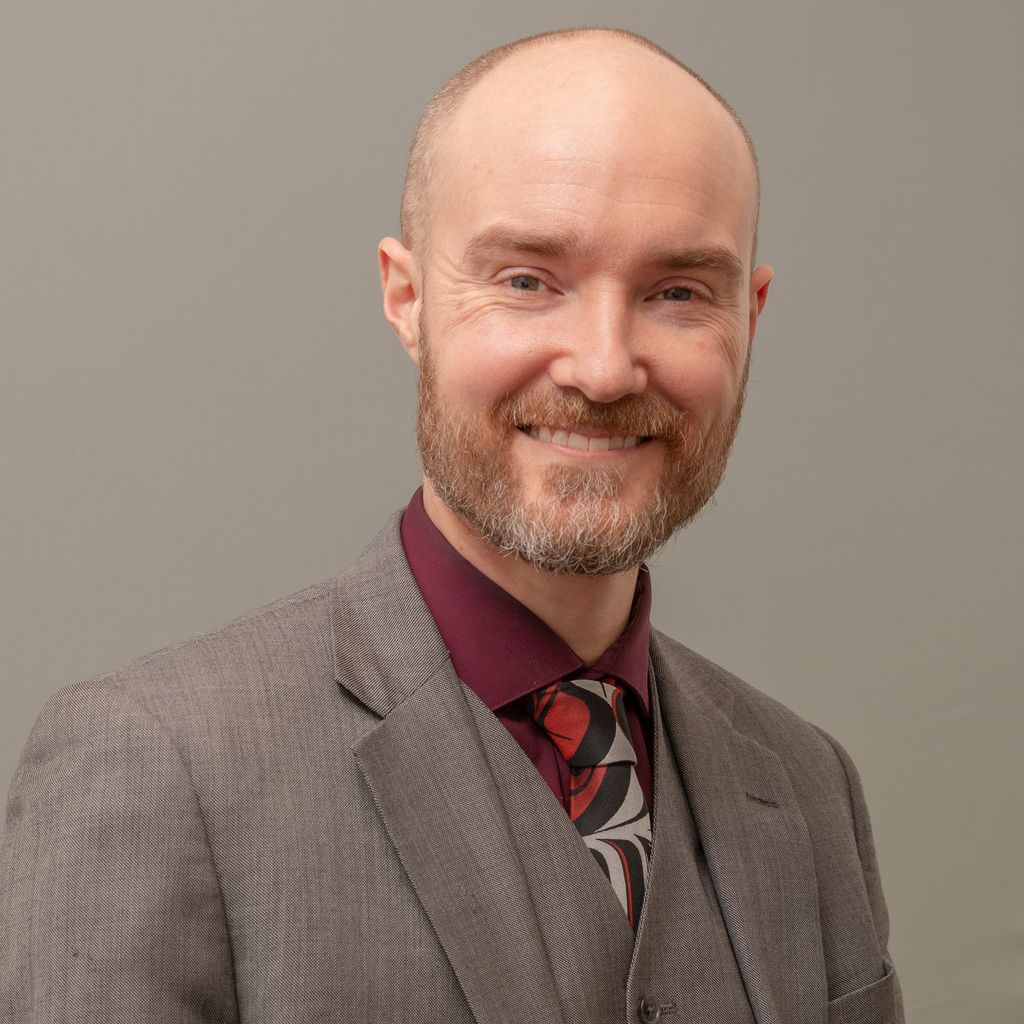Drs. Sarah Kimball and James Hudspeth recognized in SGIM Frontliners for Social Justice


Dr. Sarah Kimball, Co-Director of the Immigrant & Refugee Heath Center at Boston Medical Center and Dr. James Hudspeth, Associate Program Director and Director of the Global Health Pathway at Boston Medical Center were honored by SGIM for their work on the frontlines of social justice.
Drs. Sarah Kimball and James Hudspeth answered several questions about their work at BMC:
Q: As the co-director of the Immigrant & Refugee Health Center at Boston Medical Center, how do you advocate for immigrants and refugees both at your institution and within the health system at large?
Sarah Kimball, MD: We built the IRHC with the vision that your immigration history and status shouldn’t affect how healthy you are. And yet, every day in my clinic, I see that the current political climate towards immigrants has dire health consequences. A large part of my day-to-day advocacy in our hospital is in building interventions that aim to reduce the disparities and barriers that our immigrant patients face in getting and staying healthy. For example, when we learned that many of our patients were struggling to secure affordable and trustworthy immigration legal representation, we built a program to have an immigration navigator in clinic (https://www.annfammed.org/content/17/2/177) and embedded legal clinics, to make representation more accessible for patients. On a societal level, I strongly believe in leveraging the privilege of being a healthcare provider to help advocate for state and federal policy changes that promote health equity. For example, I believe that advocacy from the medical community via press conferences and legislator meetings was part of the current administration’s decision to reinstate Medical Deferred Action – an immigration status afforded to people with critical illness that protects them from deportation (https://commonwealthmagazine.org/immigration/trump-administration-ending-protected-medical-status-for-immigrants/). We have tremendous ability to push for change on the state and federal level when we show up and speak our truths in these spaces.
Q: As Medical Director at an urban safety net hospital, how do you build partnerships with the population? What does it mean to be an urban safety net hospital?
James Hudspeth, MD: Urban safety net hospitals to me means hospitals working with communities that are enriched with societal groups often deprived of resources, such as patients who are homeless, patients who have substance use disorders, patients who are immigrants, and patients who are Black or Latinx. As a hospitalist, my traditional focus is working within the hospital, and I think my group at BMC and the field of hospital medicine across the country are still at the early stages of working out how we can best build partnerships with our hospital’s populations, bringing that community perspective back into the hospital. Invariably this work builds off the connections our colleagues in outpatient medicine have built with the communities and populations they serve, presently I am learning a lot from those GIM colleagues as to how we as an institution can partner effectively.
Please click here to view the article in depth.